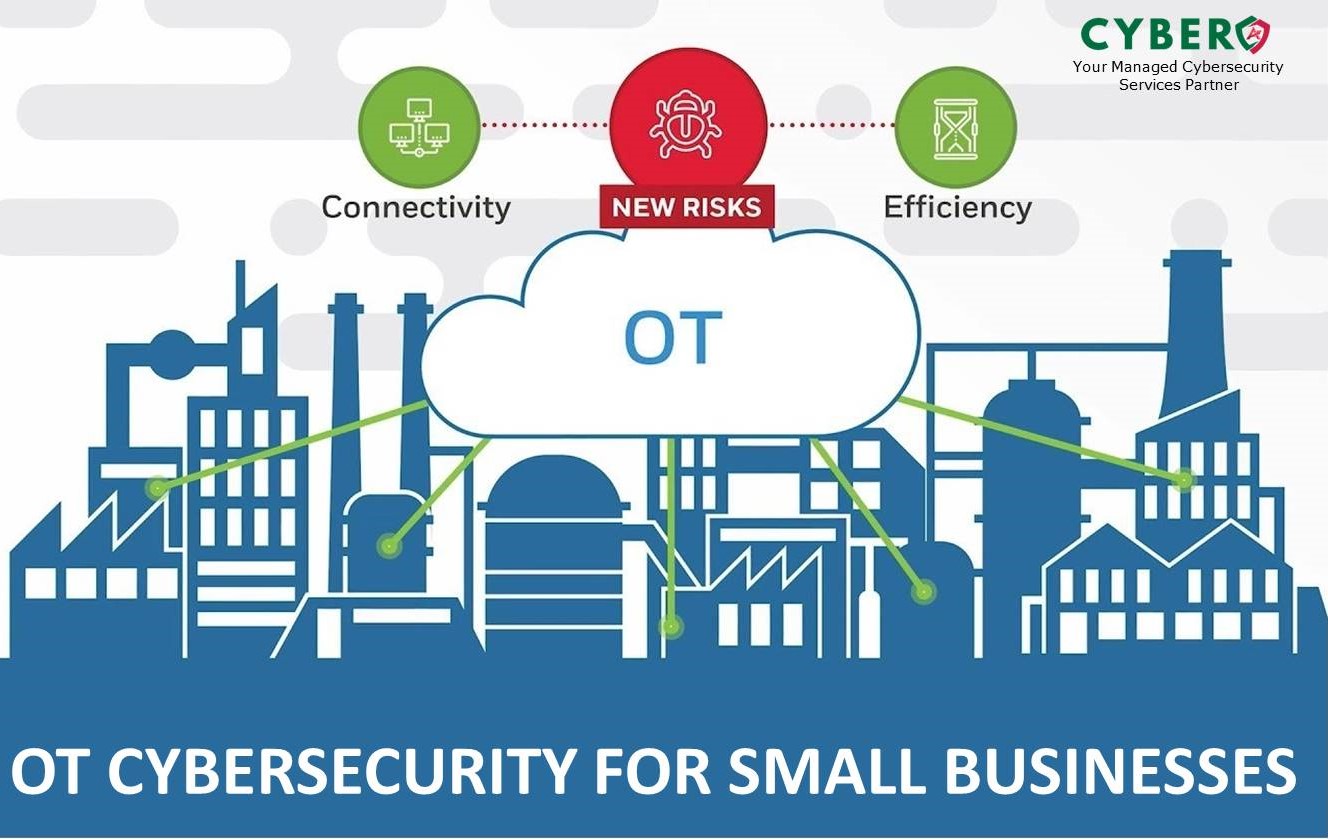OT cybersecurity capabilities for Small Businesses
As per the Cyber Security Agency of Singapore (CSA), Industrial control systems, or OT systems, are increasingly connected to the Internet, because of reasons of productivity or efficiency. This means a successful cyber-attack can have cyber-physical effects – it can disrupt the delivery of critical services, or lead to serious real-world consequences.
Cybersecurity for Operational Technology (OT) is crucial for businesses of all sizes, including small businesses. OT refers to the hardware and software used to monitor, control, and manage physical processes, such as manufacturing, energy production, transportation, and more. As these systems become more connected and digitized, they also become vulnerable to cyber threats. Here’s why cybersecurity for OT is essential for small businesses:
- Protecting Critical Operations: Small businesses that rely on OT systems to control critical processes (e.g., manufacturing, energy distribution) could face severe disruptions if these systems are compromised. Cyberattacks on OT can lead to production downtime, loss of revenue, and damage to physical assets.
- Data Security: OT systems collect and process valuable data related to operational processes. Ensuring the security of this data is crucial to prevent unauthorized access, tampering, or theft. Breaches in data security can lead to industrial espionage or regulatory violations.
- Preventing Disruption: OT cyberattacks can disrupt production processes, causing delays and potentially affecting product quality. This disruption can lead to financial losses and damage to the business’s reputation.
- Safety Concerns: Compromised OT systems could lead to safety hazards for employees, customers, and the environment. For example, attacks on energy grids could result in power outages that impact entire communities.
- Supply Chain Impact: Small businesses are often part of larger supply chains. If a small business’s OT systems are compromised, it could serve as an entry point for attackers to target larger partners in the supply chain.
- Regulatory Compliance: Many industries have regulations and standards that require businesses to secure their OT systems. Failing to comply could result in legal penalties or exclusion from certain business opportunities.
- Remote Access: With the increasing trend of remote monitoring and management, small businesses may have remote access to their OT systems. This introduces additional vulnerabilities that need to be managed through proper cybersecurity measures.
- Growing Attack Surface: As OT systems become more interconnected and integrated with IT systems, the attack surface for cyber threats expands. This means that vulnerabilities in one system could lead to compromises in another.
- Lack of Awareness: Small businesses might believe that they are not attractive targets for cyberattacks. However, this misconception can make them more vulnerable because they may not allocate sufficient resources to cybersecurity.
- Long-Term Viability: Investing in OT cybersecurity is an investment in the long-term viability of the business. As digitalization continues to advance, businesses that prioritize cybersecurity will be better equipped to adapt to changing threats.
Regardless of their size, small businesses that utilize operational technology need to prioritize cybersecurity to protect their operations, data, and overall business continuity.

